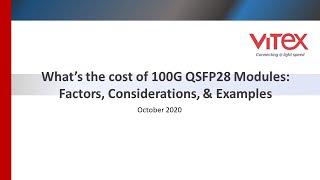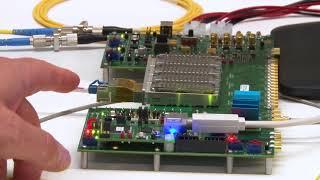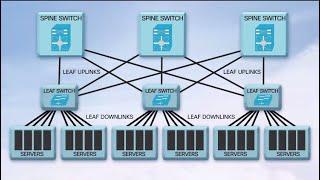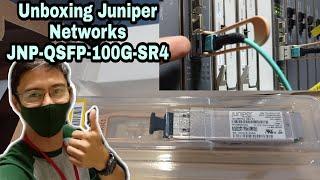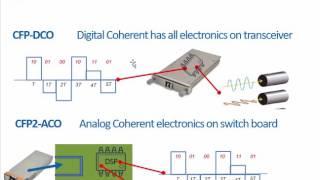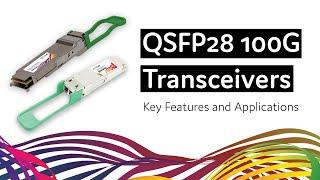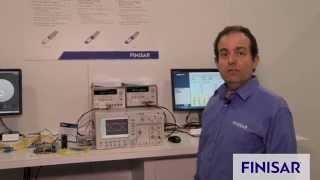In this video from the 2016 OpenFabrics Workshop, Tzahi Oved from Mellanox presents: User Mode Ethernet Verbs.
"Advanced network adaptors support richer and richer stateless HW offloads including checksum calculations for L3 and L4 headers,
Large Send Offload (LSO) to perform TCP segmentation on transmit, Large Receive Offload (LRO) to coalesce TCP segments on receive,
Transmit Side Scaling (TSS) to utilize multiple send queues, and Receive Side Scaling (RSS) to distribute receive traffic across multiple
cores. Additionally, in cloud environments it is popular to use tunneling and overlay networks such as VXLAN, Geneve, NVGRE, and other encapsulation formats. Consequently, advanced NICs add stateless offloads to support encapsulated Ethernet frames, whereby the aforementioned offloads are available for the inner packet as well. Finally, network adapters present capture capabilities that allows for
efficient sniffing and network traffic analysis.
The above offloads are mainly available for Kernel network drivers and kernel mode stacks. However, the Verbs API allows both user- and kernel-mode applications/ULPs direct access to these capabilities in the form of Raw Ethernet QPs. This API is widely used in OS-bypass applications such as DPDK and user-level TCP stacks, e.g., VMA.
In this talk we present Verbs API extensions to support all the above stateless offloads for both Ethernet and IPoIB applications, whether in
user-space or the kernel. The API proposes new Verbs objects that that separate transport contexts from memory descriptor queues. This API is directly aligned with multi-queue Ethernet networking concepts and associated offloads and sniffing capabilities, and allows for
efficient, natural usage of the HW resources."
Learn more: https://www.openfabrics.org/index.php/about-the-2016-ofa-workshop.html
Sign up for our insideHPC Newsletter: http://insidehpc.com/newsletter
"Advanced network adaptors support richer and richer stateless HW offloads including checksum calculations for L3 and L4 headers,
Large Send Offload (LSO) to perform TCP segmentation on transmit, Large Receive Offload (LRO) to coalesce TCP segments on receive,
Transmit Side Scaling (TSS) to utilize multiple send queues, and Receive Side Scaling (RSS) to distribute receive traffic across multiple
cores. Additionally, in cloud environments it is popular to use tunneling and overlay networks such as VXLAN, Geneve, NVGRE, and other encapsulation formats. Consequently, advanced NICs add stateless offloads to support encapsulated Ethernet frames, whereby the aforementioned offloads are available for the inner packet as well. Finally, network adapters present capture capabilities that allows for
efficient sniffing and network traffic analysis.
The above offloads are mainly available for Kernel network drivers and kernel mode stacks. However, the Verbs API allows both user- and kernel-mode applications/ULPs direct access to these capabilities in the form of Raw Ethernet QPs. This API is widely used in OS-bypass applications such as DPDK and user-level TCP stacks, e.g., VMA.
In this talk we present Verbs API extensions to support all the above stateless offloads for both Ethernet and IPoIB applications, whether in
user-space or the kernel. The API proposes new Verbs objects that that separate transport contexts from memory descriptor queues. This API is directly aligned with multi-queue Ethernet networking concepts and associated offloads and sniffing capabilities, and allows for
efficient, natural usage of the HW resources."
Learn more: https://www.openfabrics.org/index.php/about-the-2016-ofa-workshop.html
Sign up for our insideHPC Newsletter: http://insidehpc.com/newsletter
- Category
- Network Cards
Be the first to comment





